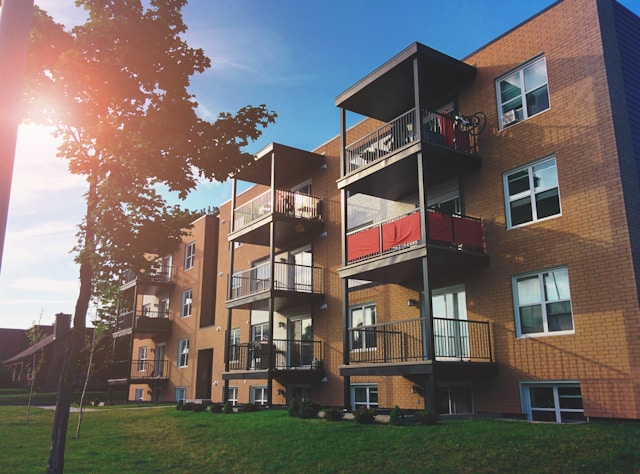Fears ripple through Ontario’s supportive housing sector as a new law threatens to make landlords liable for drug activity in their rental units. While the legislation has not yet come into force, its shadow already weighs on organizations at the front lines of affordable housing.
The government’s plan, embedded in Bill 10, aims to crack down on drug production and trafficking by holding landlords accountable. Under the proposed act, those who fail to prevent illegal drug activity on their properties could face steep fines or even jail. While the intent is public safety, the law’s vagueness has left a sector built on trust and care bracing for fallout.
Supportive housing providers, who give deeply subsidized rentals to some of society’s most vulnerable, see this as an existential threat. Fay Martin, founder of Places for People in Haliburton Highlands, warned that a $250,000 fine “would kill us.” With limited resources and no extra government funding, many fear the law could push charities away from serving tenants living with addictions. Already, Jennifer Van Gennip of Redwood Park Communities reports a “chilling effect,” as some organizations pre-emptively move to evict residents who use drugs rather than risk penalties.
The act allows landlords to defend themselves if they take “reasonable measures” to prevent drug activity, but no one knows what those measures are. Legal experts, including Toronto’s John Fox, call the law “fairly vague,” and worry about the burden it places on volunteer boards. Will compliance mean costly surveillance, invasive inspections, or tighter screening? The lack of guidance fosters confusion and anxiety.
Advocacy groups urge the province to clarify the rules and consider exempting supportive housing. But even if exemptions are granted, the distinction between non-profit and supportive housing is difficult to define. Meanwhile, sector leaders and tenant advocates warn that, unless handled carefully, the law could drive more Ontarians into homelessness—precisely the opposite of its intended goal.
As the sector waits for clarity, one fact stands out: Ontario’s approach to drug activity prevention could reshape the future of affordable rentals and the well-being of those most in need.
References:
Ontario wants to make landlords liable for preventing drug activity on their property

